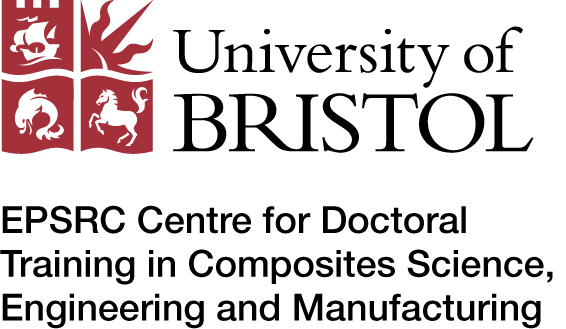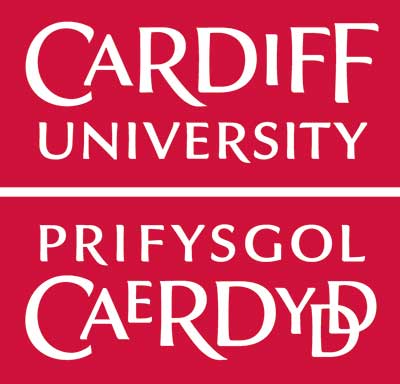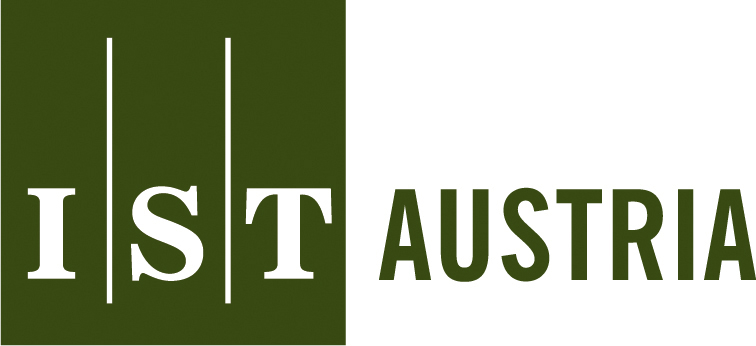Overview
The Institute of Science and Technology Austria (IST Austria) is looking for highly qualified candidates with Bachelor’s or Master’s degrees to apply for the IST Austria PhD programme. We offer fully-funded PhD positions in biology, neuroscience, mathematics, computer science, physics, data science and scientific computing, in a world-class research environment on the outskirts of Vienna.
Students spend the first year completing coursework and rotations before choosing a thesis group. Our PhD graduates have gone on to top positions in academia and industry all over the world.
In 2019, IST Austria was ranked #3 in the world-wide Nature Index ranking (normalized). In 2018, IST Austria was ranked within the top 10 of Nature Index Rising Stars “Top 30 academic institutions under 30” list and was featured in this article in Nature Index.
PhD programme
The goal of the PhD programme at the Institute of Science and Technology Austria (IST Austria) is to produce intellectually broad, curious, open-minded scientists who are able to approach problems from different angles and can collaborate with diverse types of scientists. To this end, our students complete an innovative interdisciplinary training programme consisting of both research and taught elements, and receive close mentoring by world-class faculty from different disciplines. All students whose broad research interests align with those of our faculty are eligible to join the IST Austria PhD programme. Selection of the thesis supervisor occurs at the end of the first year.
In the first year, students complete coursework and rotations in three different research groups. After selecting a thesis supervisor and passing the qualifying examination, students work on their thesis research, attend international conferences and colloquia, and receive training in teaching and other transferable skills. Research groups are deliberately kept small to ensure close supervision, and all students are mentored by several faculty members who make up their thesis committee.
Dedication to basic science research
IST Austria is dedicated to bringing the best minds of the world to IST Austria to pursue cutting-edge basic science research. The Institute was inaugurated in 2009 and will grow to about 90 research groups by 2026. This exciting momentum is driven forward by every scientist added to our team, including every PhD student.
International and diverse scientific community
Our scientists, from professors to postdocs to students, hail from all corners of the world, representing more than 70 different nationalities, and building on research and degrees earned from the finest global scientific institutes and universities.
English-speaking
We use English throughout the institute as the language of instruction and communication.
Interdisciplinary
Our Graduate Programme is characterized by modern comprehensive training with a special focus on interdisciplinarity.
Cutting-edge research training
Students work closely with outstanding faculty within small research groups and have access to first-rate facilities. Students spend the first year completing coursework and rotations before affiliating with a group.
This first phase of exploration allows students to be sure that the research topic, as well as the research group, are the best match for them before they embark on in-depth thesis research in the second phase.
Entry with a Bachelor’s or Master’s degree
We welcome students with a Bachelor’s or a Master’s in science to apply to our PhD programme.
Six tracks of study
There are six tracks of PhD study:
- Biology
- Computer science
- Data science and scientific computing
- Mathematics
- Neuroscience
- Physics
Scientific Service Units
Scientific Service Units (SSUs) provide support for scientists’ research needs. The following SSUs are hosted by IST Austria:
- Bioimaging Facility
- Electron Microscopy Facility
- Library
- Life Sciences Facility
- Miba Machine Shop
- Nanofabrication Facility
- Preclinical Facility
- Scientific Computing
Funding
In all fields of research, funding is a very important topic. IST Austria relies on diverse funding sources to support all its researchers. The Grant Office is there to support IST scientists who would like to apply for external funding.
All PhD students are offered five-year contracts. All students making reasonable progress are fully funded until the time of their thesis defence.
Students also receive financial support to attend scientific conferences and workshops during their studies.
Institute Colloquia
The weekly Institute Colloquium is the principal research seminar at IST Austria. Scientists from around the world and from across all disciplines of the natural sciences are invited to present their latest findings.
Institute evaluations
On a regular basis, the institute is visited by international review panels consisting of leading scientists from around the world (including Nobel prize laureates) to form an independent evaluation of the institute.
Careers
Our distinguished alumni have gone on to successful careers after their PhD studies at IST Austria.
PhD students receive support through our mentorship and career development programmes that focus on training in transferable skills for academia and beyond. Throughout their studies, PhD students are supported by Career Services, which provides career development advice and training.
There are also regular TWIST talks organized by the Technology Transfer Office, which aim to support researchers in the commercial development and use of their research results.
Where is IST Austria?
The Institute is only a 25-minute bus ride from Vienna, which is consistently voted one of the best cities in the world to live in. Our students have the choice of living in Klosterneuburg, a quiet area surrounded by beautiful woods, or right in the hustle and bustle of Vienna. We also have a number of housing options on campus.
The application deadline is 8 January 2021 (11:59 PM CET), for a PhD start date in September 2021.
Expired






